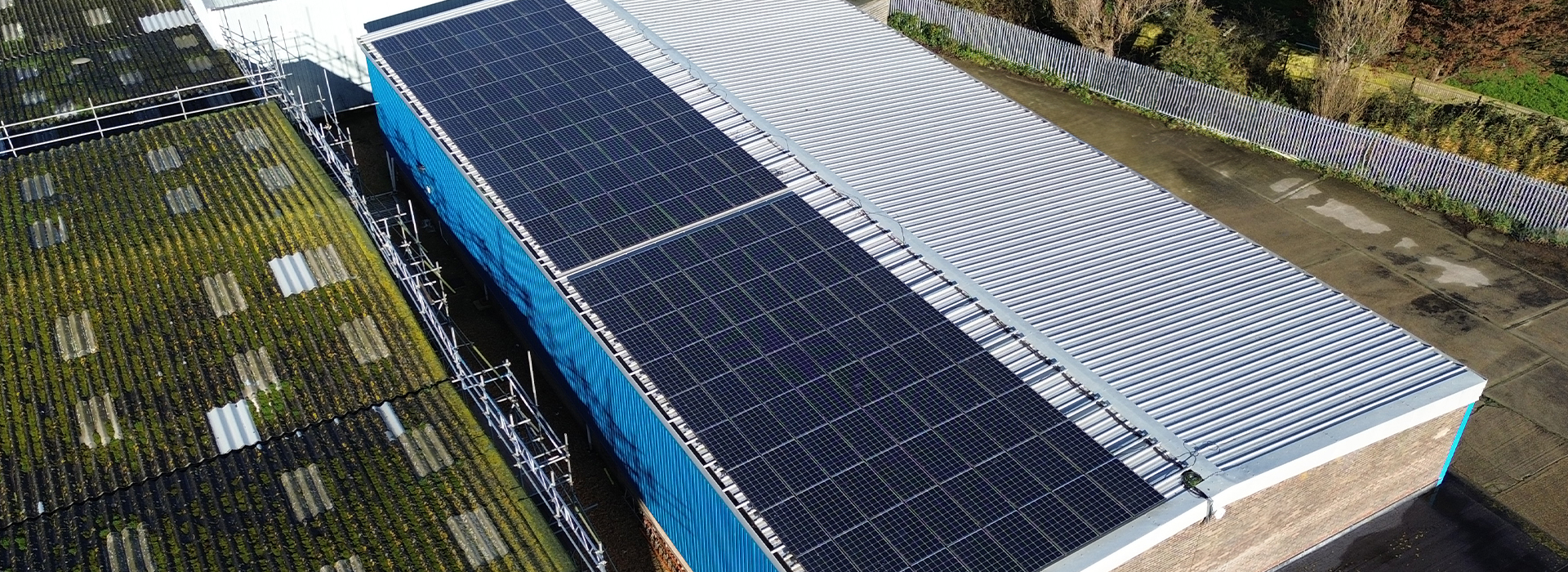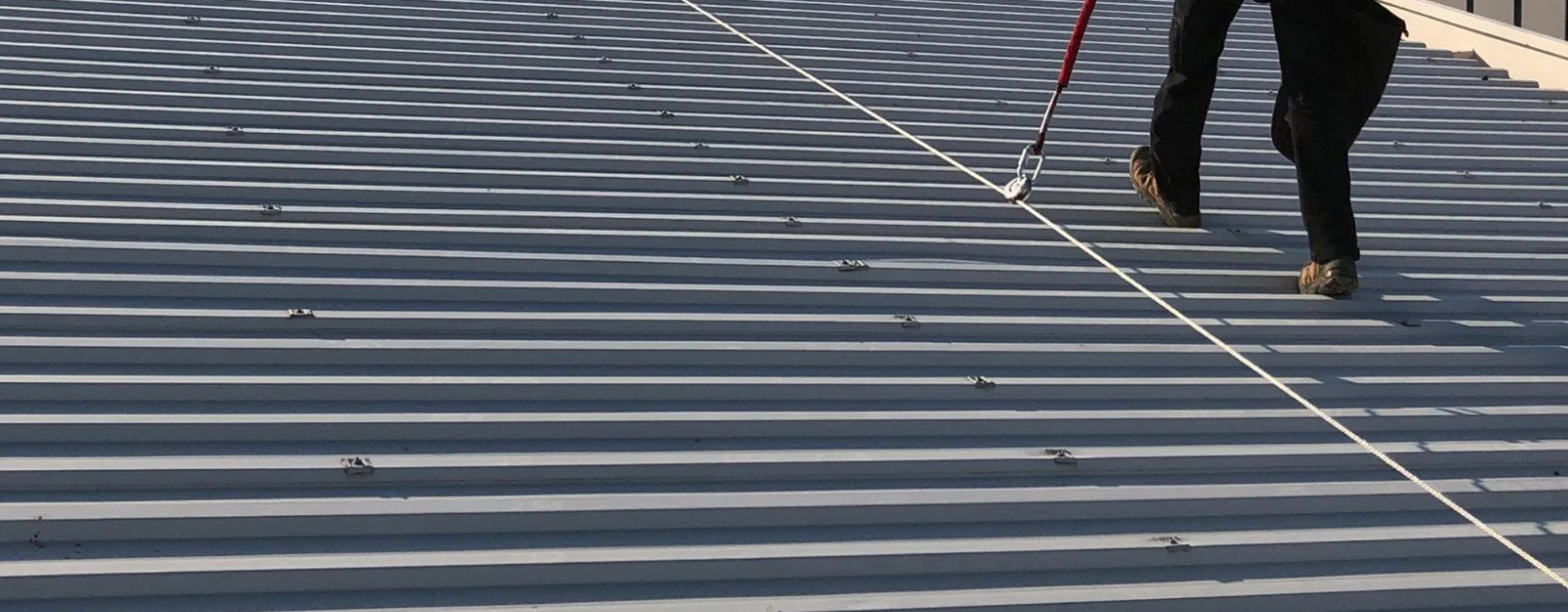In the UK, workplace safety is paramount, especially in industries where the risk of falls from height is a significant concern. The Health and Safety Executive (HSE) has established stringent regulations to ensure that fall protection systems are compliant with safety standards, aiming to minimise the risk of accidents. However, non-compliance in fall protection testing remains an alarming issue, with far-reaching consequences for businesses, workers, and the wider community.
Understanding Fall Protection Compliance
Fall protection systems, including harnesses, guardrails, and safety nets, are designed to prevent or mitigate the effects of falls from height. In the UK, these systems must comply with standards set by bodies like the British Standards Institution (BSI) and the HSE. Compliance involves rigorous testing to ensure that equipment can withstand the stresses it will encounter in real-world scenarios. This testing is critical to ensuring that the equipment functions as intended when needed most.
The Risks of Non-Compliance
When fall protection systems are not tested for compliance, the risks are substantial:
Increased Risk of Accidents: Non-compliant equipment may fail when relied upon, leading to falls that could result in serious injury or death. For example, a harness that has not been adequately tested may not be able to support the full weight of a worker, leading to catastrophic outcomes.
Legal Repercussions: Companies using non-compliant fall protection systems may face significant legal consequences. Under UK law, employers are required to ensure the safety of their employees. If an accident occurs due to the use of non-compliant equipment, the company could be held liable, facing hefty fines, lawsuits, and potentially even criminal charges.
Financial Impact: Beyond legal penalties, companies may also experience financial strain due to non-compliance. Injuries and fatalities can lead to increased insurance premiums, compensation claims, and loss of business reputation. Additionally, replacing non-compliant equipment after the fact can be costly.
Reputational Damage: A company’s reputation is crucial in today’s competitive market. Incidents involving non-compliant fall protection can tarnish a company’s image, leading to a loss of trust among clients and partners. This damage can have long-lasting effects on business relationships and profitability.
Moral and Ethical Implications: There is a moral and ethical obligation for employers to ensure the safety of their workers. Using non-compliant equipment puts lives at risk, which is not only a breach of legal duty but also an ethical failure. Employers must prioritise the well-being of their employees, and non-compliance undermines this responsibility.
The Importance of Regular Testing and Certification
To avoid the pitfalls of non-compliance, it is essential for companies to regularly test and certify their fall protection systems. This process should be conducted by accredited bodies that follow the latest industry standards. Regular inspections and maintenance are also vital to ensure that the equipment remains in good condition and continues to meet safety requirements.
Conclusion
Non-compliance in fall protection testing is a serious issue with potentially devastating consequences in the UK. Companies must take proactive steps to ensure that their fall protection systems are compliant with all relevant standards, not just to avoid legal repercussions, but to protect the lives of their workers. By investing in compliant equipment and regular testing, businesses can not only safeguard their employees but also protect their reputation and financial stability.
In a sector where safety is non-negotiable, there is no room for shortcuts. Compliance is not just a regulatory requirement; it is a commitment to safety and responsibility.



